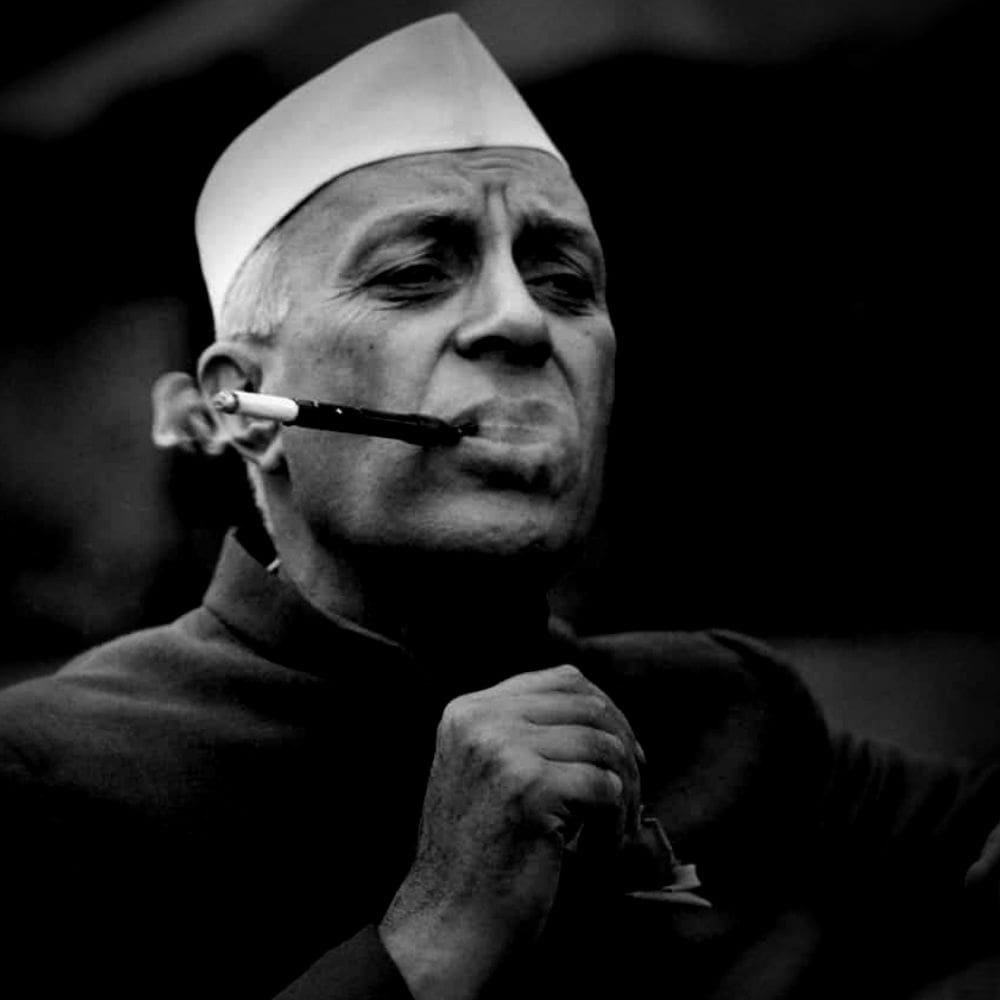Misgovernance
NEGLECTING SOUTHEAST ASIA
Nehru gave little importance to the relations with Southeast Asian countries, and was patronizing towards them, even though India had much to learn from them looking to their far better economic growth rate. Here is an example of Nehru’s snobbishness. Even as India was going around the world with a...


